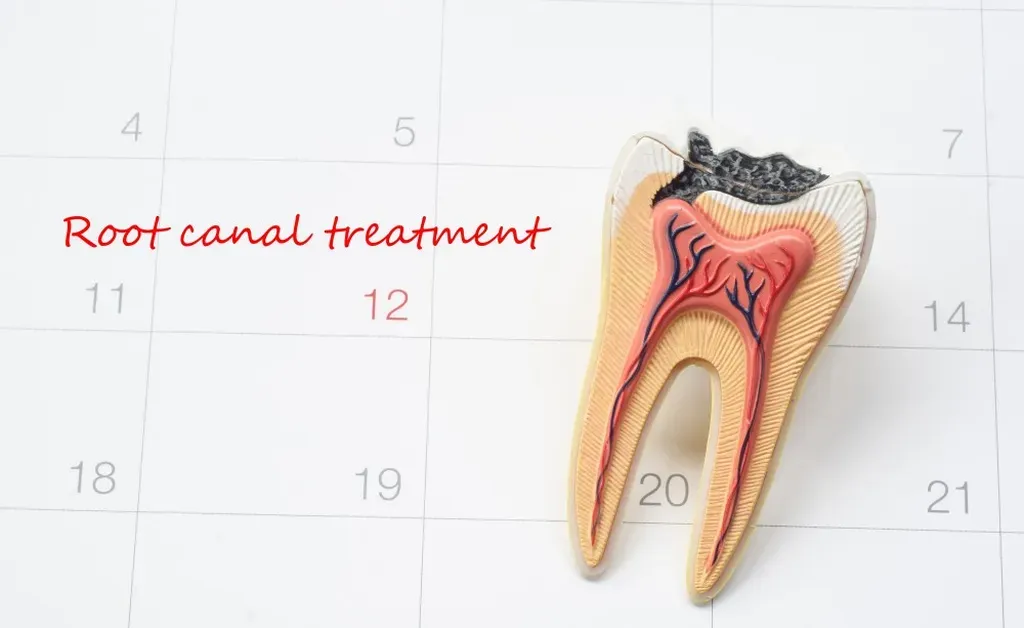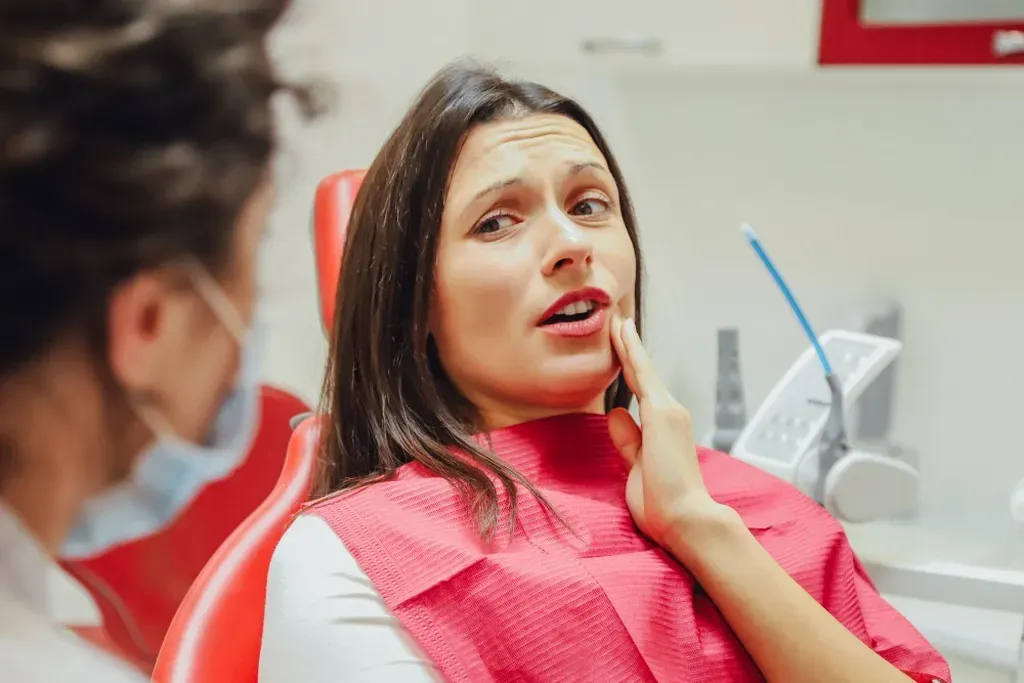Bruxism or teeth grinding can wreak havoc when it comes to getting a good night’s sleep. It can also cause jaw pain and headaches. Read on to learn more.
While periodic restless nights happen occasionally, if you wake up exhausted night after night with jaw pain, a headache, or an earache, it might be due to bruxism or teeth grinding.
In this blog, our highly experienced team of dentists at Mowry Dental in Fremont, California, explains the causes and health implications of bruxism and why you shouldn’t chalk it up to just another restless night.
Bruxism explained
Bruxism is a common condition affecting an estimated 30-40 million children and adults in the United States. Although it can happen during the day, it’s mostly a nighttime issue where people do it unconsciously.
While some people with bruxism discover they have it because they wake their sleeping partner, many are completely unaware of their condition until they wake up with a sore jaw, headache, or earache. Sometimes, the condition is detected at your dental checkup when we see the telltale signs of worn or damaged teeth.
Bruxism has varied causes
Several genetic, physical, and psychological factors play a role in bruxism. Not surprisingly, stress and anxiety may be the culprits for many people.
For other people, bruxism may be hereditary and run in their family or a side effect of certain medications. Although not completely understood, there also seems to be a correlation between nighttime bruxism and other more serious conditions, such as sleep apnea.
Bruxism impacts oral and overall health
Bruxism can chip, crack, and wear down teeth. In fact, it is the leading cause of gum recession, tooth loss, and painful temporomandibular joint (TMJ) syndrome.
If left untreated, bruxism causes permanent teeth damage, which may require restorative dentistry treatments like dental crowns and bridges. In severe cases, we may need to take steps to save a seriously damaged tooth by performing a root canal.
If your provider concludes that your bruxism can be traced to a sleep disorder issue like obstructive sleep apnea or OSA, the overall health implications are even greater. In fact, people with OSA are at a higher risk of developing high blood pressure, stroke, and coronary artery disease.
Mouth guards can address bruxism
The good news is bruxism is treatable. The first step in the treatment process is to discover the cause. Typically, we perform a thorough medical and family medical history and physical exam.
During the exam, we examine your jaw muscles and temporomandibular joint, looking for signs of soreness and listening for the telltale clicking or popping sound when your jaw opens and closes.
We may recommend a mouth guard to prevent further damage to your teeth, jaw muscles, and temporomandibular joint. At Mowry Dental, we offer custom-fit mouth guards fabricated to your unique mouth and teeth shape.
We take an impression of your mouth and use that data to make your personalized mouth guard. Since your mouth guard is tailor-made for your mouth, the fit and comfort go well beyond an over-the-counter mouth guard.
If you are waking up with jaw pain, earaches, or headaches, don’t wait. Contact Mowry Dental for a consultation. Call us at 510-794-7900 or book an appointment online today.




